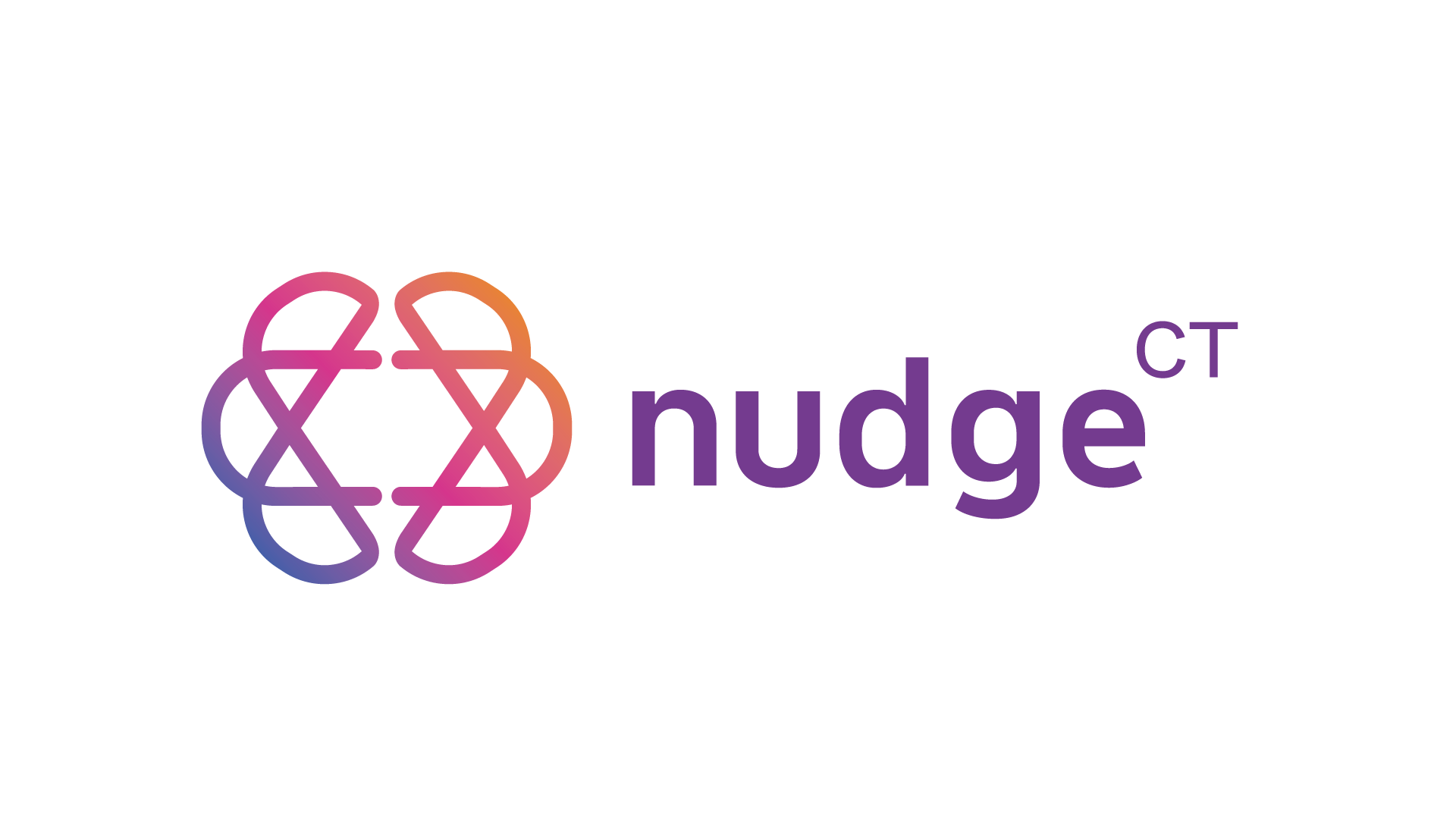Industry Challenges:
Data Security and Privacy Concerns: With the increasing reliance on biometric data, ensuring robust security measures to protect sensitive information remains a paramount challenge. Data breaches and privacy lapses can have far-reaching consequences, necessitating stringent protocols and compliance with regulatory standards such as GDPR and HIPAA.
Regulatory Compliance: The biometric services industry operates within a complex regulatory landscape characterized by evolving guidelines and requirements. Navigating these regulations while maintaining operational efficiency poses a significant challenge for companies, particularly those operating on a global scale.
Integration of Emerging Technologies: The emergence of technologies such as artificial intelligence (AI) and machine learning (ML) offers immense potential for enhancing biometric services. However, integrating these technologies into existing frameworks and workflows requires careful planning and expertise, presenting a challenge for many organizations.
Talent Acquisition and Retention: The demand for skilled professionals in areas such as biostatistics, clinical data management, and medical writing often outpaces the availability of qualified talent. Competition for top talent is fierce, making talent acquisition and retention a persistent challenge for companies in the biometric services sector.
Innovations and Solutions:
Advanced Analytics and Predictive Modeling: Leveraging sophisticated analytics techniques, such as predictive modeling and machine learning algorithms, enables companies to derive actionable insights from biometric data. These insights not only enhance decision-making processes but also facilitate personalized healthcare interventions and treatments.
Cloud-Based Solutions: Cloud computing offers scalability, flexibility, and cost-effectiveness, making it an increasingly popular choice for biometric service providers. Cloud-based solutions facilitate seamless data management, collaboration, and accessibility while ensuring compliance with security and privacy regulations.
Automation and Process Optimization: Automation tools and platforms streamline repetitive tasks and workflows, thereby improving efficiency and reducing the risk of errors. From data cleaning and transformation to report generation, automation enhances productivity and allows resources to focus on high-value activities.
Industry Perspectives:
- Looking ahead, the biometric services industry is poised for continued growth and innovation. Advances in technology, coupled with increasing adoption of biometric solutions across various sectors, are driving demand for specialized services and expertise. Companies that can navigate regulatory complexities, harness emerging technologies, and attract top talent will be well-positioned to capitalize on opportunities in this dynamic and evolving landscape.
Conclusion:
- As the healthcare industry continues to evolve, the importance of biometric services in driving informed decision-making and improving patient outcomes cannot be overstated. Despite facing challenges such as data security concerns and regulatory compliance issues, the industry is witnessing rapid advancements and innovations that promise to reshape the future of healthcare delivery. By embracing emerging technologies, fostering collaboration, and prioritizing data integrity and privacy, biometric service providers can play a pivotal role in shaping a more efficient, effective, and patient-centric healthcare ecosystem.
Key points
- Data Security and Privacy Concerns
- Regulatory Compliance
- Integration of Emerging Technologies
- Talent Acquisition and Retention
- Advanced Analytics and Predictive Modeling
- Cloud-Based Solutions
- Automation and Process Optimization

